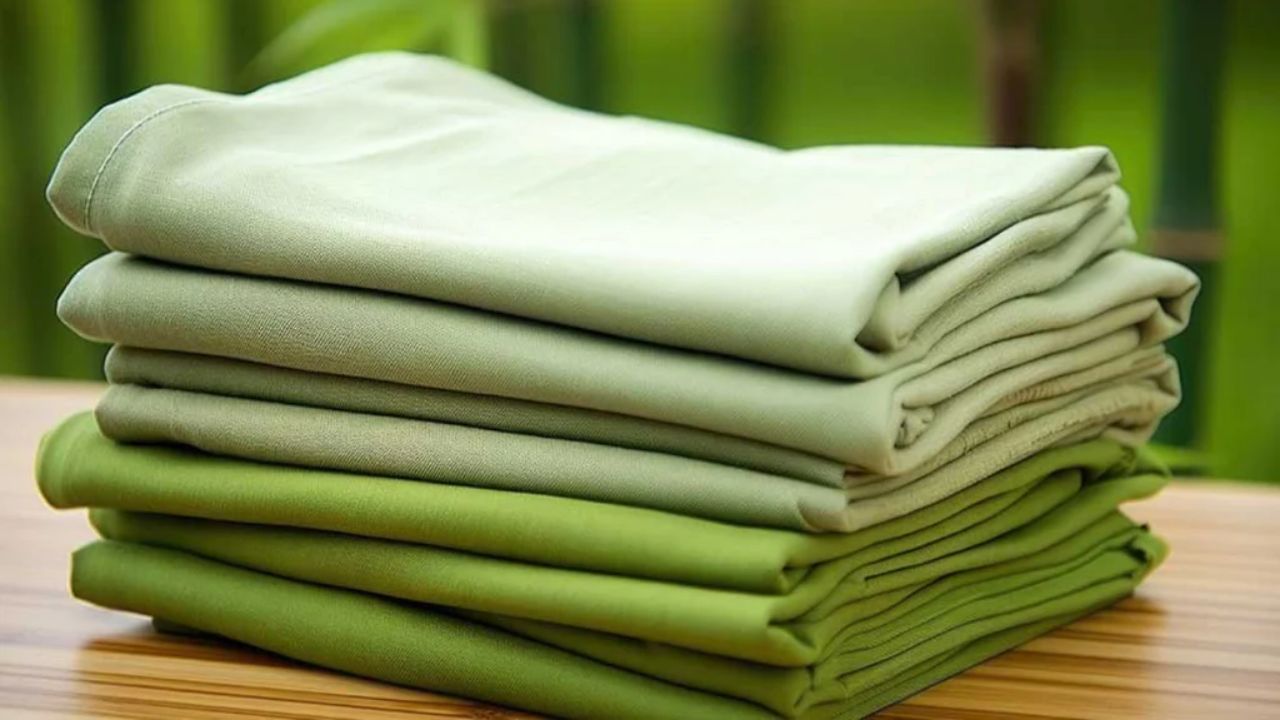With the emergence of sustainability as an increasingly significant concept in the fashion world, the manufacturers of bamboo clothing have gained popularity due to their capacity to deliver comfortable, durable, and environmentally friendly textiles. What is now a standard feature in a number of clothing lines was once a niche option, and it is the ease of care, the grown softness, and the non-harmful-to-the-Earth ideology of Bamboo fabric. How bamboo clothing manufacturers are special is a crucial piece of information that brands and consumers who want to make ecologically friendly decisions need.
Why Bamboo Is a Green Fabric
It is a plant that grows quicker than any plant in the world, and it can reach nearly a meter in one day without pesticides or fertilizers. This is quite a fast-growing plant. It does not demand much chemical application, and this fact makes bamboo a potential source of sustainable fabric. Bamboo consumes very little compared to cotton in terms of water. It also aids in controlling soil erosion. These qualities make bamboo renewable and highly sustainable.
The Making of Bamboo Clothing
Bamboo is normally manufactured in two varieties, namely bamboo viscose (or rayon) and bamboo lyocell. Bamboo viscose entails turning bamboo pulp chemically into a fiber, which would be of environmental safety concern unless modified under chemical management and closed-loop mechanisms. Conversely, Bamboo lyocell is a greener and new technology which entails the use of closed-loop application and non-toxic solvents, thus it is safer to the planet. Loyal bamboo clothes producers tend to lean on the production of bamboo lyocell or OEKO-TEX-launched viscose to make sure both the integrity of the environment and the security of the product are maintained.
Trustworthy Bamboo Clothing Manufacturer
A reliable source of a bamboo clothing production manufacturer will provide transparency in production techniques and sources. They normally possess certifications like GOTS (Global Organic Textile Standard), OEKO-TEX, or FSC (Forest Stewardship Council), which ensure the environmentally and morally friendly processes and activities of their work. It is not just that these manufacturers create the fabric but usually also provide some services like custom design, private labeling, and minimum order quantity, etc, to help startups and small businesses. Also, leading manufacturers invest in new tools and quality control, so that they have the same mix of quality fabric in all orders.
Modern Market Uses and Appeal
Bamboo clothing has become famous due to its antibacterial features, moisture, and silkiness, so it is used in different lines of products in activewear, baby clothes, underwear, and loungewear. To the consumers, there is a lure of comfort and conscience. To businesses, collaborating with a bamboo apparel producer will enable the provision of a flexible product that addresses the increasing demand for sustainable fashion. Green values manifested in brands will become particularly prominent in light of environmental awareness that is increasingly becoming a determinant of the purchasing process.
Conclusion
Its application in making bamboo clothing is set to increase gradually as people and companies become more conscious of their impact on the environment. It is believed by those in the bamboo clothing manufacturing industry that they will need to keep innovating, use greener technologies, and have a wide range of products on offer so as to have a wide market share. They are taking products made by these manufacturers to large fashion houses or even to startups that are emerging as more eco-friendly and responsible, too.
